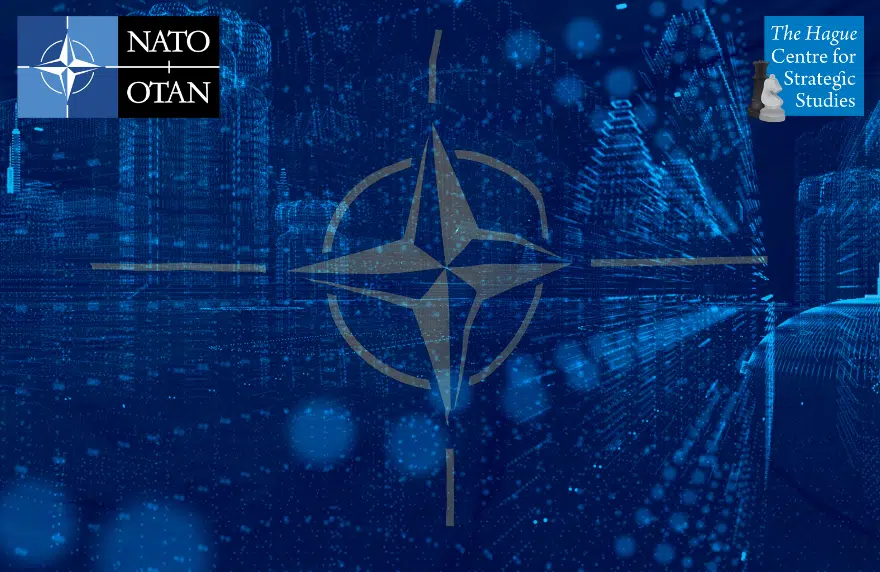Research
In the 2022 edition of this report, we covered how India, as the largest and most diverse democracy on earth is in the middle of building security within cyberspace and all other domains. If India’s cybersecurity is endangered, that sets an alarming precedent for the ability of cyber-related threats to undermine democratic processes, national resilience, and e-governance of states around the world. India is currently undergoing efforts to digitise its economy and infrastructure. The government is actively trying to link all Indian citizens into the cyber domain, for example by initiatives such as Digital India (DI). This is highly necessary, as the number of users to be safeguarded by securitisation of the cyber domain is rising rapidly. Moreover, the return of great power competition to the forefront of international relations discourse only exacerbates the threats posed to states by revisionist powers such as Russia and China, especially in the cyber domain. India, like any other country, has to take position in this dynamic environment. To become an economically developed digital nation, India must therefore also adopt a holistic approach in tackling challenges to its cybersecurity.
The 2022 report highlights the position of India within the cyber domain. It presented an overview of the relevant cyber threats and overall cyber environment in India. It also discussed the strategic and legislative frameworks related to cybersecurity in India. The paper includes the results of the HCSS National Cyber Resilience Game (NCRG) executed by the students during the Indo-Dutch Cybersecurity school 2022. The NCRG is a gamified analytical tool suited to the context of India’s cybersecurity, with the aim to gain insight into players’ views as to how India’s cyber resilience can be enhanced. Using the findings of the National Cyber Resilience Game and desk research, the paper was updated by participants of the 2023 Indo-Dutch Cyber Security School. This updated edition concludes by providing three recommendations to improve India’s overall security in the digital domain.
The IDCSS23 participants who updated the paper are: Márk Bulejsza, Dr. Sanjeevakumar M. Hatture, together with Nathan Lokhorst, Anna Sophie den Ouden and Michel Rademaker from HCSS.
This report is a product of the Indo-Dutch Cyber Security School (IDCSS) 2022 and 2023, organised by The Hague Centre for Strategic Studies (HCSS). The report includes results from the National Cyber Resilience Game that was part of this program. The 2023 edition is an updated version of the report “Defending the Digital Domain: The effort to build a cyber resilient India” which was published after the 2022 edition of the IDCSS. Entirely new sections include section 1.3 and 2.2. The responsibility for the content of this report lies with the authors and the authors alone.





